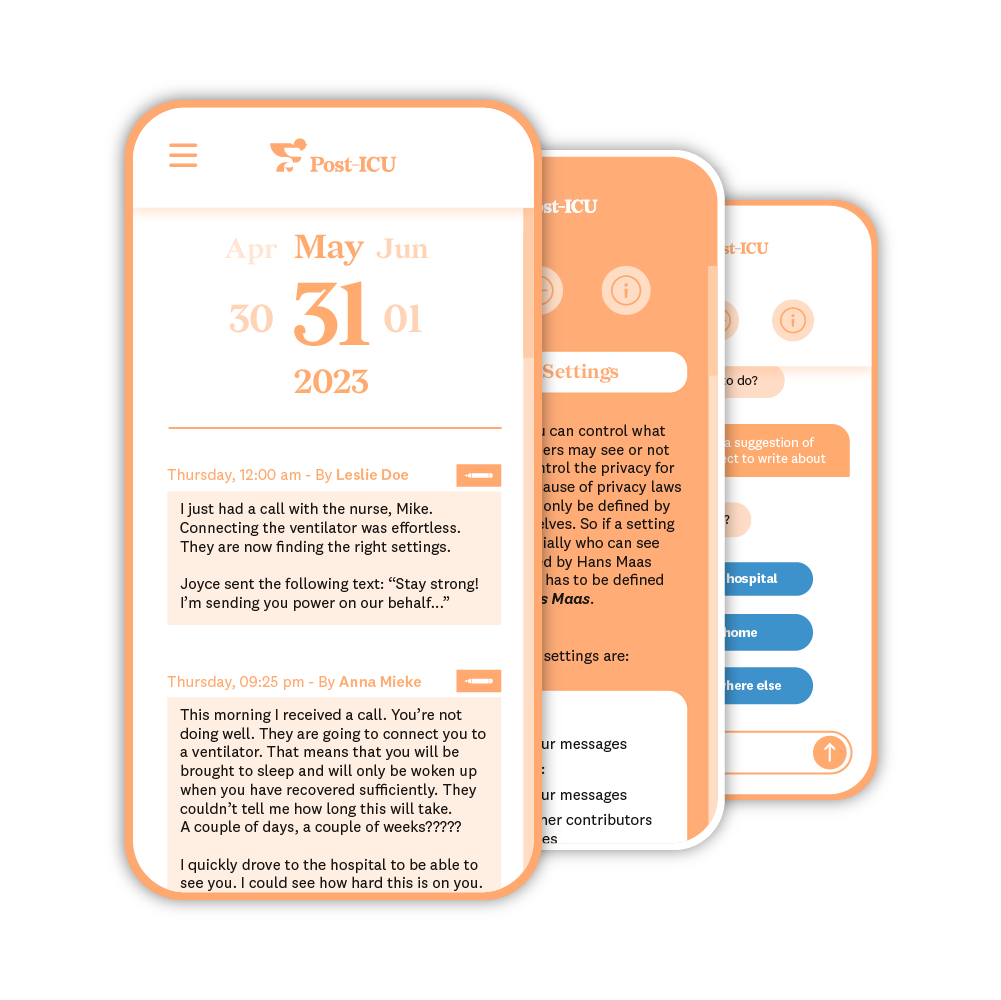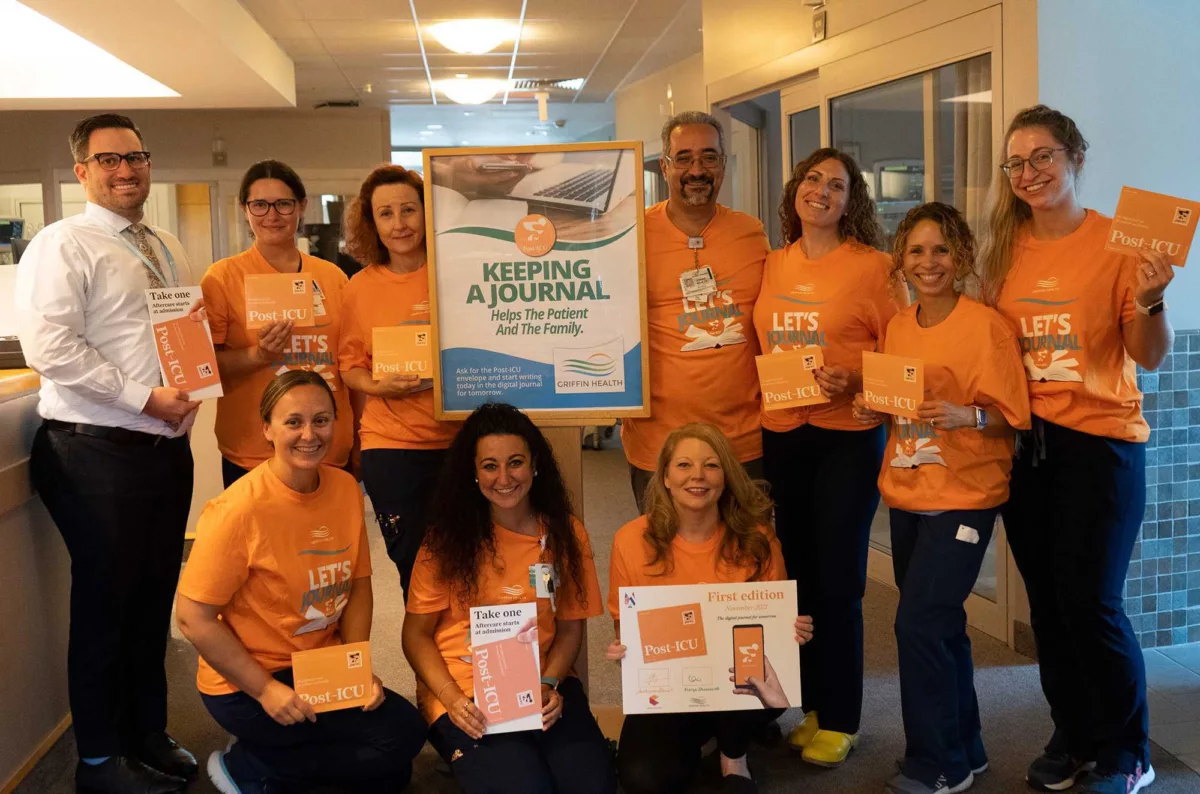Not ready for a demo? Watch a quick intro.
Post-ICU fosters clear communication and a sense of control during recovery, leading to higher satisfaction scores. The digital diary format allows patients to document their experiences and progress, potentially reducing anxiety and enhancing their overall well-being.
Post-ICU facilitates seamless communication between patients, families, and care teams, leading to better adherence to discharge plans and potentially reducing readmission rates. The diary allows for ongoing monitoring of patient progress, enabling healthcare teams to identify and address potential concerns before they escalate into readmissions.
Post-ICU empowers patients to be active participants in their recovery, aligning with the patient-centered focus of HCAHPS.
Post-ICU eliminates the need for phone call updates, saving nurses and staff valuable time.
Post-ICU simplifies information access for the families, allowing staff to spend more time focused on the patients.
Healthcare workers report higher satisfaction and engagement ratings when using the Post-ICU diary.
They gain a better understanding of the patient, communicate more effectively with the family, and feel more rewarded for the work they do.
The ICU Liberation Bundle emphasizes family involvement (F-element), but it’s often overlooked.
In the Post-ICU digital diary, healthcare workers and family members of ICU patients collaborate in care. The digital diary is the only scientifically proven tool that directly enhances family care and engagement.
Experience a dynamic digital ICU diary like never before.
From seamlessly adding multiple writers to a diary and effortlessly uploading photos, to extensive privacy options: the digital Post-ICU diary offers unparalleled functionality.
Hospitals from the US and Europe
Average number of entries per journal

Post-ICU is trusted by +25 Hospital's in Europe and US






















At Griffin Health, the Post-ICU digital diary has been implemented as part of their holistic approach to healthcare and as part of their vision on person-centered care.
This Case Study examines the challenges Griffin faced and how we overcame them in collaboration.




Explore our resources hub full of expert-level content and materials.
Learn how to reduce ICU readmissions and improve patient care today!